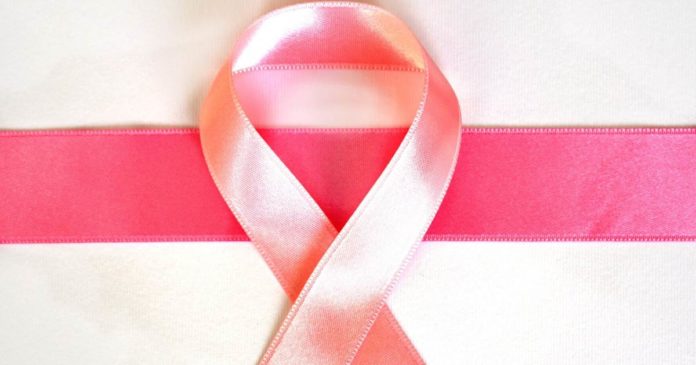It seems many breast cancer patients are using cannabis medicinally – often without the knowledge of their doctors.
Findings of a study of 612 total participants published early online in CANCER, a peer-reviewed journal of the American Cancer Society, indicated 42% reported using cannabis for relief of symptoms. Among those using cannabis medicinally, 75% reported it was “extremely” or “very helpful” in relieving their symptoms.
Cannabis was most commonly used during active treatment to manage common symptoms and side effects such as pain (78%), anxiety (57%), insomnia (70%), and nausea/vomiting (46%).
Around half of these participants using cannabis believed it could treat cancer itself, even though solid scientific evidence of this is lacking.
An unfortunate finding was most patients do not discuss their cannabis use with their doctors. Instead, the most common source of information was the internet and family/friends. But even using these sources, most were unsatisfied with the information they received.
There was also a general belief cannabis products were safe, and a lack of awareness the safety of many products is untested.
Lead author of the study, Marisa Weiss, MD of Breastcancer.org and Lankenau Medical Center, said not knowing if cancer patients are using cannabis represents a “major blind spot” in physicians’ abilities to provide optimal care.
“Our study highlights an important opportunity for providers to initiate informed conversations about medical cannabis with their patients, as the evidence shows that many are using medical cannabis without our knowledge or guidance,” said Dr Weiss.
Cannabis use during active cancer treatment carries risk of an adverse event during what is a very vulnerable time. Given the interest in and prevalence of medical cannabis use, it’s in both parties’ interest to ensure using it as an adjunct therapy is discussed rather than ignored, disregarded or glossed over; even in countries where it may tightly restricted..
An anonymous online survey was used for the study, in order to “elicit frank responses”. Participants were members of the Breastcancer.org and Healthline.com online health communities. We first mentioned this survey in May last year.


